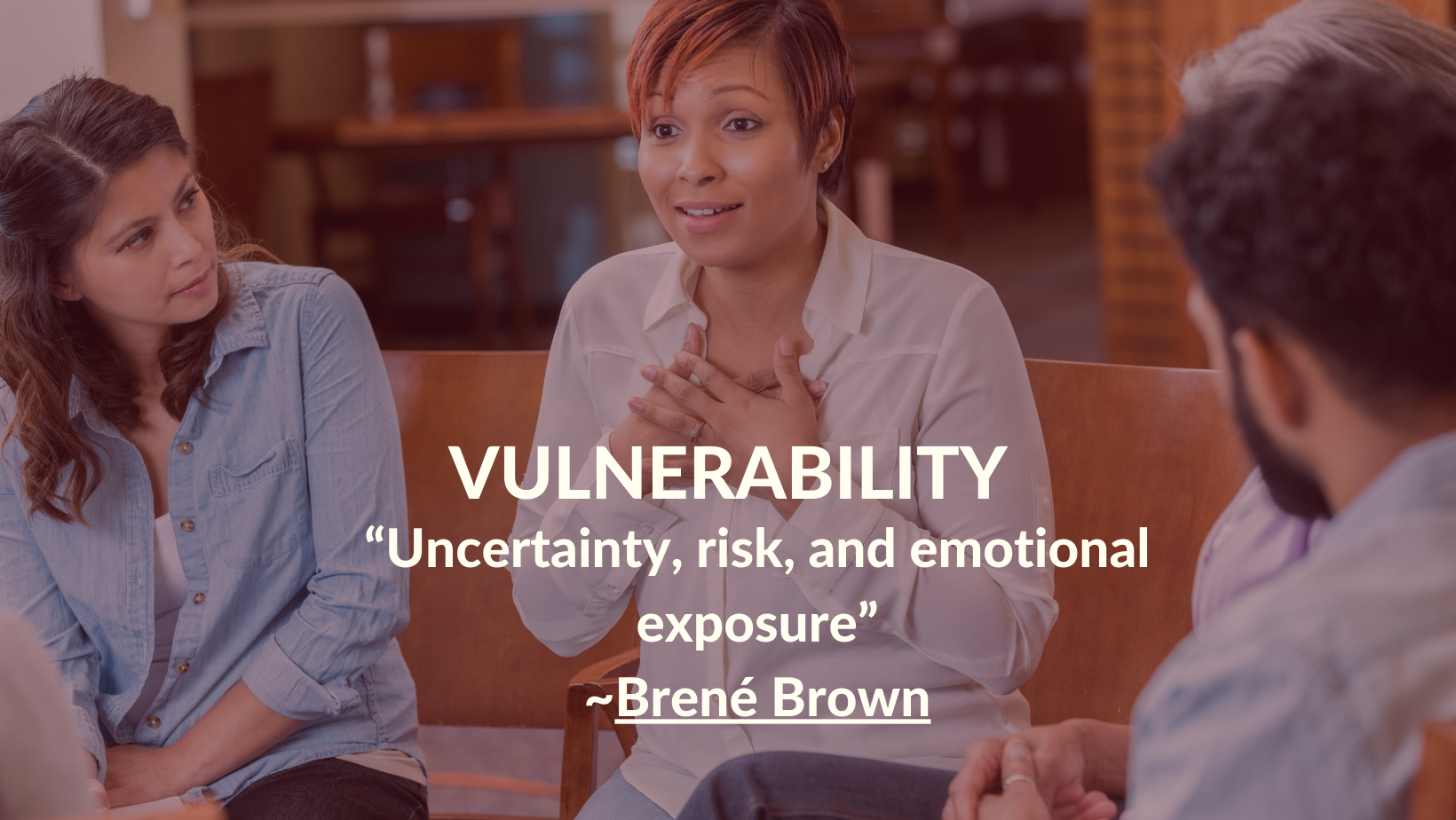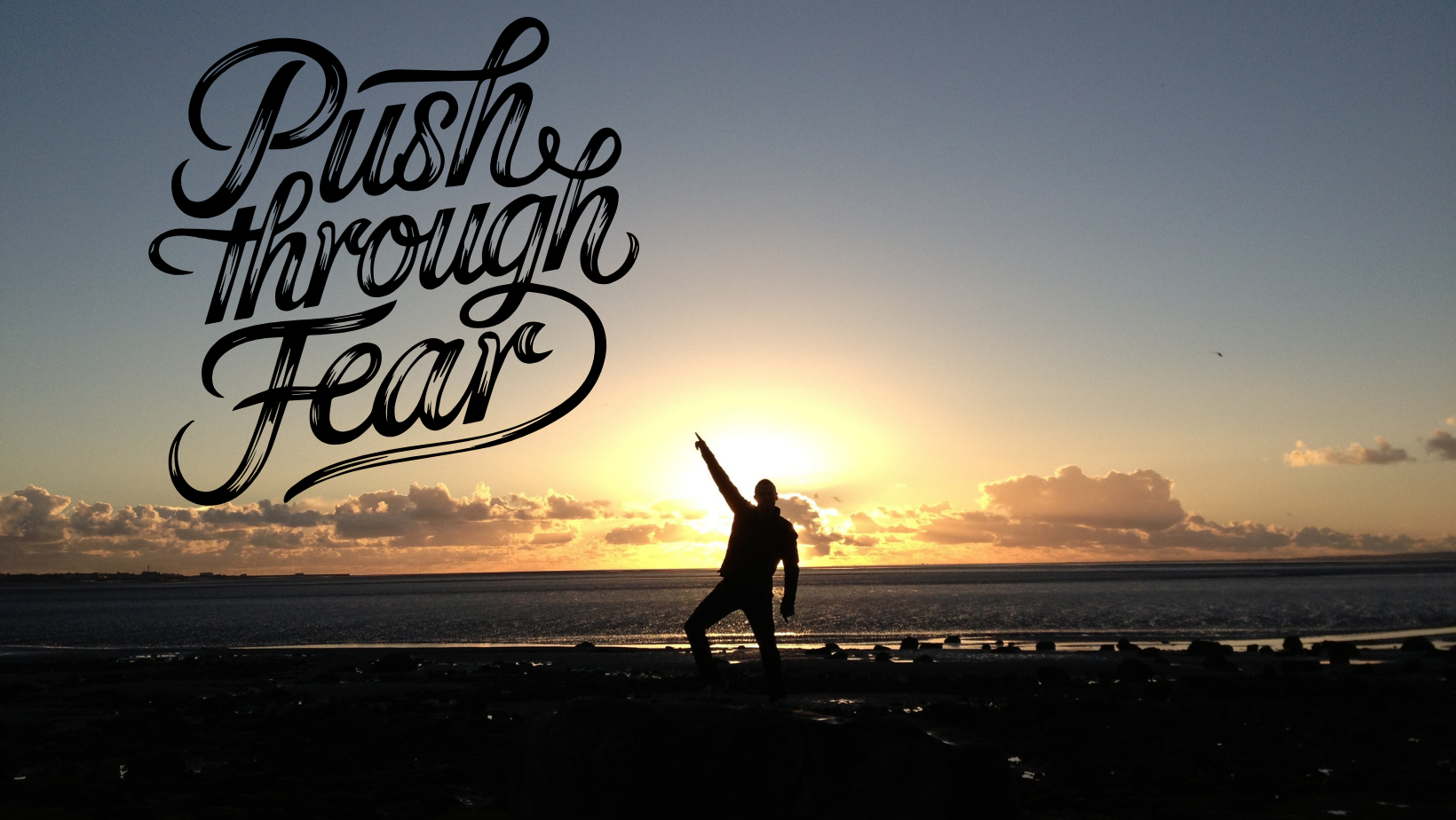Ugh, as much as I hate to admit it, putting yourself out there can be terrifying. The fear of being judged, ridiculed, or criticized at one time stopped me from sharing anything even though I knew it could help somebody else. I have often share the story about how I held off creating live videos for over 6 months, shaking in my boots.
When I finally got the nerve, don’t laugh, but I filmed the entire video sideways. But guess what? That video still stands as one of the most impactful videos I have ever created. And, not one person asked me why I was filming the video sideways.
Like me, fear often stops people from sharing their knowledge and expertise. Whether it’s writing, speaking, or being on camera, many struggle with the vulnerability that comes with visibility. But history is full of women who conquered this fear and stepped into the spotlight—despite their doubts and fears.
Brené Brown – Embracing
Vulnerability
Who doesn’t love Brené Brown? Brown is a research professor and
best-selling author, who built her career on studying vulnerability. One of
Brené Brown’s most powerful stories about fearing criticism and exposure
happened after her 2010 TEDx talk, The Power of Vulnerability, went
viral. She had no idea it would blow up the way it did, reaching millions of
people and putting her in the global spotlight.

In her book Daring Greatly,
she shares how, one morning, she made the mistake of reading the online
comments about her talk. Some were kind, but others were brutal—mocking her
weight, appearance, and even questioning her credibility. It crushed her. She
found herself spiraling, wanting to retreat and never put herself out there
again.
But then she had a moment of
clarity when she came across Theodore Roosevelt’s famous Man in the Arena
quote:
“It is not the critic who
counts; not the man who points out how the strong man stumbles, or where the
doer of deeds could have done them better. The credit belongs to the man who is
actually in the arena...”
That quote changed everything for
her. She realized that the people throwing stones from the cheap seats—the ones
who weren’t in the arena, risking anything themselves—didn’t get to have power
over her. She made a decision: If you’re not in the arena, getting your ass
kicked too, I’m not interested in your feedback.
From that moment on, she embraced
vulnerability as her superpower rather than a weakness. She continued sharing
her work, owning her story, and showing up despite the fear. That mindset shift
not only helped her overcome the fear of criticism but also fueled her success
in writing, speaking, and leading conversations about courage.
Oprah Winfrey – Rising Above
Public Scrutiny
Oprah has faced public scrutiny
about her weight and credibility throughout her career, but one of the most
powerful examples of how she rose above it happened in the late 1980s and early
1990s.
At the time, Oprah was
transitioning from being a local news anchor to the host of The Oprah
Winfrey Show, which was quickly becoming a national phenomenon. Despite her
success, she was constantly ridiculed for her weight. Tabloids ran cruel
headlines about her size, and critics dismissed her as an
"entertainer" rather than a serious journalist, especially when she
focused on human-interest stories instead of hard news.
One of the most infamous moments
came in 1988 when she embarked on a highly publicized weight loss journey. She
lost 67 pounds on a liquid diet and dramatically revealed her transformation by
wheeling out a wagon filled with 67 pounds of fat on her show. While the moment
was a ratings success, she later admitted that she regretted it deeply. Not
only did she gain the weight back, but she realized that tying her self-worth
to the scale was a losing battle.
Over time, Oprah shifted her
perspective. Instead of trying to prove herself to the critics, she focused on embracing
her authenticity and using her platform to uplift others. She stopped
chasing diets and started advocating for self-acceptance and overall
well-being. In terms of her credibility, she let her work speak for itself. She
conducted groundbreaking interviews with world leaders, tackled difficult
social issues, and built an empire that went far beyond television.
One of her defining moments came in
2013 when she said:
"I know for sure that your
real power comes from knowing who you are and not allowing the outside world to
define you."
By staying true to herself, Oprah
turned public scrutiny into fuel for her personal growth and business empire.
She redefined what success and credibility looked like on her terms.

7 Ways to Overcome the Fear of Visibility and Criticism
1. Reframe Criticism as Growth
Instead of seeing criticism as a
personal attack, view it as an opportunity to improve. Even the greatest
creators receive negative feedback—it’s part of the journey.
2. Start Small and Build
Confidence
If the idea of being fully visible
scares you, start with small steps. Write a blog, record short videos, or
engage in small speaking opportunities before tackling bigger platforms.
3. Focus on Who Needs Your
Message
Fear often makes us focus on the
critics, but what about the people who need your knowledge? If you help just
one person, your voice is worth sharing.
4. Accept That Not Everyone Will
Like You
No one is universally liked, and
that’s okay. Even the most beloved figures have detractors. Don’t let the fear
of a few negative opinions stop you from reaching the people who value your
work.
5. Develop a Thick Skin (But
Stay Open to Constructive Feedback)
Learn to separate hateful criticism
from helpful feedback. Not all opinions matter, but some critiques can help you
refine your message.
6. Surround Yourself with
Encouragement
Having a support system—mentors,
friends, or a community—can make a huge difference. They’ll remind you of your
worth when doubts creep in.
7. Do It Afraid
Fear won’t completely disappear,
but it doesn’t have to control you. The key is to take action despite your
fears. Confidence comes through experience, not before it.
Your Voice Matters—Use It
The fear of visibility and
criticism is real, but it’s not a reason to stay silent. How did I finally get
over my fear? Personally, I found the out my fear of disappointing God and not
doing the very thing I was created to do was more frightening than talking to
myself on a screen, speaking to an audience or even writing a blog or a book.
So, what is holding you back? The world needs your story, your expertise, and
your unique perspective. Take the first step today, knowing that your voice has
the power to change lives—including your own.
Blessings,
Dr. Janice R. Love
Pearls Perfected Institute





